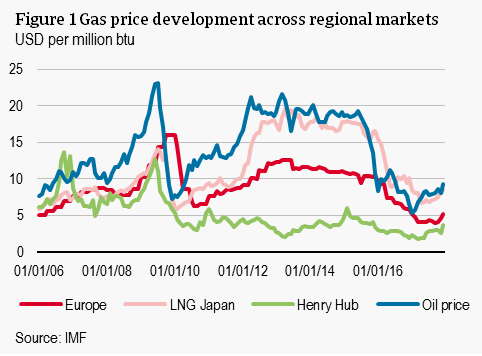This overview of articles was published today by a Dutch outlet (n Dutch); I figured it would be useful to everyone to collect recommendations here, instead of posting a dozen similar articles. I've taken the liberty of summarizing the reasons they gave for recommending these reads. (No, I haven't read most of them yet.)
The Reson Putin Would Risk War - by Anne Appelbaum. On what this conflict is about: weakening democracy.
Kyiv's ancient normality - by Timothy Snyder. A counter to Putin's historical fiction; what is Ukraine's history?
How Putin Plays with the Law - Masha Lipman. A 2014 piece by The New Yorker on how Putin creatively used existing legislation during the Crimea annexation.
Why is Ukraine the West's Fault? - John Mearsheimer. Six year old lecture on how Europe and NATO's eastward actions cause Russia to feel threatened and defensive ever more.
Can Europe survive without Russian gas? - Bruegel think tank. On the role and impact of Russia's gas supplies to the EU.
Europe faces sanctions nightmare of paying for Putin’s war - Politico. It's not just gas, coal and oil dependancy is also a problem, as this piece explains.
Gerhard Schröder Casts A Long Shadow over Berlin's Foreign Policy - Der Spiegel. On Germany's role in this, in particular that of former chancellor Schroder.
Why U.S. Solders Won't Come to Ukraine's Rescue - NYT's The Daily. TL:DL; because Ukraine isn't important for the U.S., and because they want to prevent another world war.
Ukraine: The Food Factor - Politico. On Ukraine's vital role in the EU agricultural market - it is the 4th largest source of food for the EU.
Taiwan Is Not Ukraine: Stop Linking Their Fates Together - Kharis Templemann. On the broader geopolitical context, and what this war (doesn't) mean for Taiwan.
What if Russia Wins? - Foreign Affairs. On what it means for Russia to win this conflict; is it enough to scare the rest of Eastern Europe?
Inside the Kremlin's Hall of Mirrors - The Guardian. A 2015 deep dive into Russia's information warfare
also:
- Why is Ukraine the West's Fault? - John Mearsheimer
Cool, I was already about 20 minutes into this one from the other day, and it's logged another million views in the interim. It does a pretty good job of helping to understand the Russian perspective.
But Dr. Mearsheimer essentially said "Unless we incorporate Ukraine into NATO, Putin would never invade". There have been ongoing discussions on admitting Ukraine since well before the 2014 Crimea occupation began, but it didn't seem like anything serious enough to warrant this level of aggression, and especially not lately. Maybe I'm wrong. Maybe Putin figured that Biden intended to admit Ukraine, and without NATO-trash-talking Trump, felt threatened.?
What else has changed since 2014? A sharp downturn in fossil fuel prices, especially in the European market, following the invasion of Crimea:
Coupled with the sanctions imposed against Russia after the Crimean invasion, it was a brutal gut punch delivered to the Russian economy that they haven't recovered from (plot is Russian GDP per capita):
It's not clear to me (or probably anyone) whether further sanctions, and especially "targeted" sanctions, will be offset by acquiring Ukraine's warm water ports and other assets or not, but maybe Putin believes so. I kinda doubt it. I understand how insular Russian media is, but I'm still baffled that there hasn't been more of a populist backlash in response to devolving into a failed petrolstate, even if that's nowhere close to the way the frustration is voiced. I know the NATO calculus is that sanctions will lead to more civil unrest, but I grieve for the commonfolk who will bear the brunt of any suffering while the oligarchs go on living lavishly.
This took me by surprise, though - Left without a voice, anti-war Russians pen open letters to Putin:
- Many of the more than 150 signatories are well-known in Russian intelligentsia circles: leading activists, artists and intellectuals who in recent years have formed a small but vocal minority against the Kremlin’s increasingly repressive politics.

